Over the last few decades, the way companies promote their products and services has changed dramatically. With technological advances, brands are moving away from traditional marketing and becoming digital marketing. All facets, from content marketing to PPC, social media marketing to SEO, are equally important. However, SEO has many aspects ranging from backlink to interlinking and on-page to off-page.
SEO is a vital part of digital marketing. Who wouldn’t want to appear at the top of Google’s organic search results? It’s where people find the most visible places that users access most often.
And a strong SEO plan can help you get there! Your website is becoming more popular, leading to market authority, increased visits, and more conversion opportunities. The best part about this is that it can be done without investing in paid advertising. You can improve your users’ search and browsing experience by optimizing your pages and connecting to other sites.
SEO stands for Search Engine Optimization. It’s a good idea to optimize your web pages so that they rank higher on Google and other search engines. Users are more likely to find your site after searching online. SEO aims to improve your ranking in organic search results. If you have a website and want to increase traffic, SEO should be the main part of your marketing strategy. The more exposure your pages have to search results, the more likely you are to attract attention and attract new and existing customers to your business.
From a user perspective, SEO is about generating great content that answers users’ questions in the best way possible. From a technical perspective, it involves optimizing specific elements of your website to help search engines discover, understand, and rank your content.
We have virtually unlimited information at our disposal. We need to understand the importance of search engine optimization. However, only a few people understand how search engines work to deliver the exact answer in seconds. Here’s how SEO works.
First of all, crawlers visit your website to find out what it is all about. These robots examine the types of content that people see, such as text and images, and content that people can’t see, such as structured data and alternative image text.
They do this so that billions of internet pages understand every page of every website and how they relate to each other. Then, according to a set of criteria, search engine algorithms value your content. For example, do you have content related to a user’s search terms? Is your website optimized for mobile search? Are you an authority on the subject?
Your website’s position on search engine results pages is determined by a variety of factors, including the proper optimization of content to rank for relevant keywords, and the quality of the user experience.
How does Google choose what appears at the top of search results? Google takes into account issues such as the right keywords, page speed, exceptional content quality, user experience, internal links, anchor text, website inbound links and mobile compatibility on your site.
The purpose of SEO is to optimize the pages of your website so that they match what people want to see when they search for anything.
Google urges designers to create pages primarily for users, not search engines, and to provide visitors with the best content relevant to their search query.
Knowing how to find your brand, website, or organization for search engines is a basic skill for a digital marketer, and keeping up to date on how SEO is developing can keep you advanced in the game. While SEO continues to evolve, its core principles do not. There are three types of SEO.
It is the process of ensuring that your content is relevant and offers a great experience to its users. It involves targeting the right keywords to the content, which can be achieved through a content management system.
It is the practice of improving your site’s search engine ranking by participating in off-site activities. This is mainly done with inbound links, which help build the reputation of the site.
It is the process of completing tasks on your site that aim to increase SEO but are not related to content. It often happens behind the scenes.
SEO is a technique that takes time to master, and things are constantly evolving in the world of search engines. To master SEO, all you need is a curious mind and a desire to help search engines find the information they need.
The important thing about SEO is that there are no shortcuts. You just have to be more discriminating with the help you render toward other people. SEO will continue to gain more importance. As the amount of information available to people online increases, so will your search dependency.
Brands that invest in SEO will now reap the benefits for a long time. Companies that implement SEO strategies will generate more contacts and help build stronger customer relationships.
Definition and use. The & lt; meta & gt; The tag defines metadata about an HTML document. Metadata is data (information) about data. & lt; meta & gt; tags always go inside & lt; head & gt; element, and are typically used to specify the character set, page description, keywords, document author, and graphics window settings.
What is SEO vs SEM?
Contents
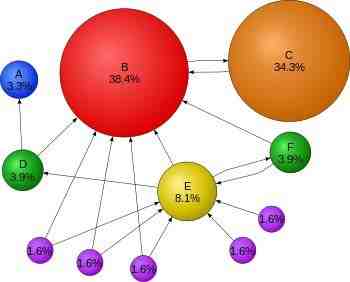
SEO is sometimes used as an umbrella term that includes SEM, but because SEM refers strictly to paid advertising, they are actually separate. SEM is about getting traffic through paid ads, and SEO is more about acquiring, tracking, and analyzing organic (unpaid) traffic patterns.
Is SEO included in SEM? As mentioned above, SEM includes SEO best practices as well as paid search tools like PPC. In addition, some SEM strategies include optimizing local search results so that your business, products, or services are shown in search queries for people looking for nearby solutions.
Is Google ads SEM or SEO?
An SEM platform is a search engine where a brand can place search ads that are displayed when users search. The most common SEM platforms are Google and Bing. Google Ads is the most widely used SEM platform.
Is Paid search SEO or SEM?
Search engine marketing (SEM) is paid or unpaid digital marketing on any search engine such as Google, Bing or Yahoo. Unpaid advertising refers to search engine optimization (SEO). This means that the content of your page ranks high when people search for specific keywords and talk about the relevance of your page.
Is SEM digital advertising?
Search Engine Marketing (SEM) is a digital marketing strategy used to increase a website’s visibility in search engine results pages (SERPs).
Is SEO or SEM better?
SEM is better for testing than SEO. This flexibility allows you to see the differences in your strategies immediately. You can’t achieve this through SEO, as it would take too long to make changes and control the differences in results.
Is Google Analytics SEO or SEM?
Use Google Analytics One of the most effective tools for tracking your local SEO and SEM is to use Google Analytics. There are many tracking tools available on the market that you can buy, but Google Analytics offers these features for free.
Which option best differentiates between SEO and SEM?
The main difference between SEO and SEM is this: SEO is free and is based on organic search strategies, while SEM has a cost and is based on paid advertising. In addition, SEO takes time to take effect, while SEM is instantaneous.
What is the core of SEO?
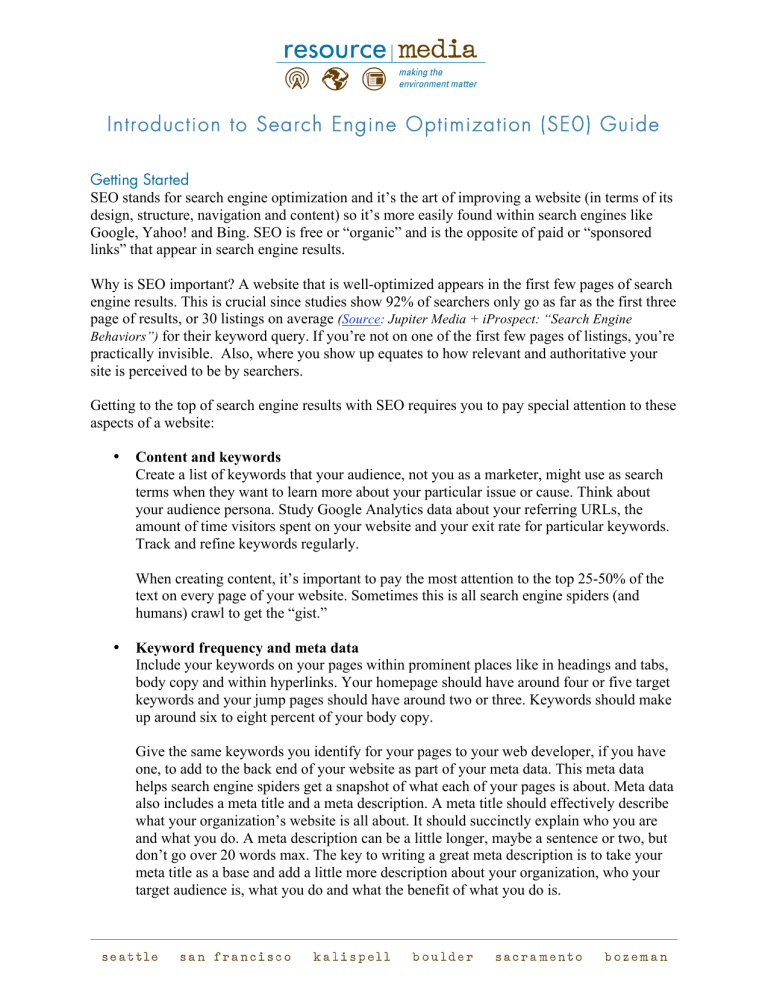
On-page SEO is the practice of optimizing individual web pages in order to rank higher and get more relevant traffic to search engines. On-page SEO refers to both the content and HTML source code of a page that can be optimized, as opposed to off-page SEO which refers to links and other external signals.
What are the 5 important concepts of SEO? 5 essential SEO concepts to follow in 2021
- Core Web Vitals. …
- Mobile-First indexing. …
- Machine learning and automation. …
- E-A-T. …
- Knowledge gap, semantics and entities.
What is the main objective of SEO?
Search engine optimization (SEO) is a set of methods designed to improve a website’s ranking in search engine listings, and could be considered a subset of Internet or web marketing. The main goal of SEO is to get higher search engine rankings, which in turn creates a larger target audience.
What is the objective of SEO?
What is the purpose of SEO? The purpose of SEO is to increase the quantity and quality of inbound traffic to your website. It is beneficial for both the consumer and the business because it connects search engines with the most relevant content for them.
What are the three SEO goals?
In this post, I want to cover three key goals you can achieve with an SEO strategy: visibility, traffic, and ROI. I will explain how these three goals have a positive impact and how you can show these results to decision makers.
What are the two main points of SEO?
SEO is divided into two parts: on-page SEO and off-page SEO. On-page SEO refers to all the techniques that can be implemented on your website to improve your ranking in the SERPs (search engine results pages), while off-page SEO refers to everything that can be done outside of your website to improve your page’s visibility. web.
What are the core principles of SEO?
Keyword research and integration. Keyword research and integration are two crucial components of SEO. When users search, they use keywords to find relevant information about the topic they are looking for. If you want these contacts to find your business, you must use the right keywords to help them find you …
What are the three core elements of SEO?
Site navigation. Internal link. The URL (per page). Relevant and unique content (per page).
What are the three core elements of SEO?
Site navigation. Internal link. The URL (per page). Relevant and unique content (per page).
What are the 3 C’s of SEO?
In short, the basics of SEO can be summed up in the 3 C’s: content, code, and credibility.
What are the 3 main components of SEO?
There are three types of SEO you need for a complete organic search strategy: on-page SEO, technical SEO, and off-page SEO. By breaking down your strategy and thinking about SEO as these three categories, it will be much easier to organize and execute your optimization plans.
What is SEO Mcq?
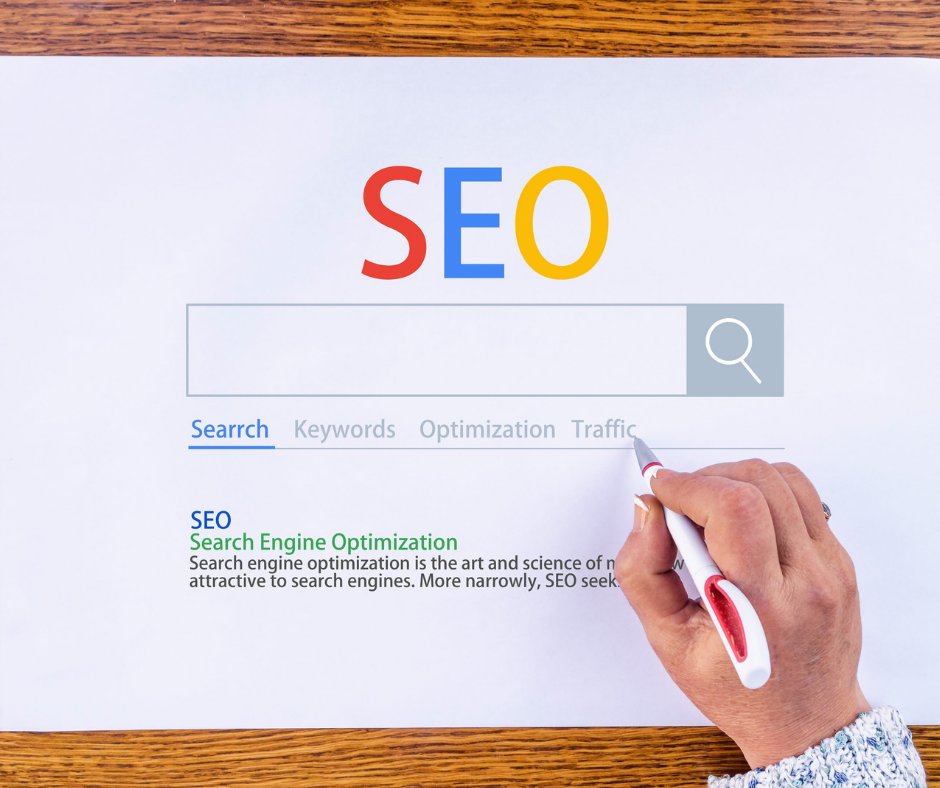
| A | None of these |
|---|---|
| D | Search Engine Optimization |
What is SEO and its uses? Search engine optimization (SEO) is a set of methods designed to improve a website’s ranking in search engine listings, and could be considered a subset of Internet or web marketing. The main goal of SEO is to get higher search engine rankings, which in turn creates a larger target audience.
What is SEO Answer?
What is SEO? The practice of optimizing the architectural design of a website is known as SEO. It helps the relevancy of content and the attractiveness of links to make your pages easier, more relevant, more prominent in response to the use of web searches, and therefore more ranked in search engines.
Whats SEO means?
SEO stands for Search Engine Optimization and is the process used to optimize the technical configuration of a website, the relevance of the content and the popularity of the links so that your pages can be found easily, more relevant and popular for queries. search engines and, as a result, search engines rank them better.
What is SEO example?
Businesses are looking for search engine optimization, or SEO, to help them gain more awareness and make their business higher in the rankings of a search engine. SEO is used through search engines such as Google, Yahoo, MSN, Bing, etc. Search engine optimization uses keywords that attract a user to the business.
What is SEO and how it works?
Well, SEO stands for ‘Search Engine Optimization’, which is the process of getting free, organic, editorial, or natural search engine traffic to search engines. It aims to improve the position of your website on search results pages. Remember, the higher the website, the more people will see it.
What is SEO in Mcq?
Internet MCQ: SEO (Search Engine Optimization – Multiple Choice Questions)
What is SEO in programming?
What is SEO coding? Search engine optimization coding is the process of writing or rewriting the programming of your website so that search engines (such as Google) can read and index your content.
Why is SEO slow?
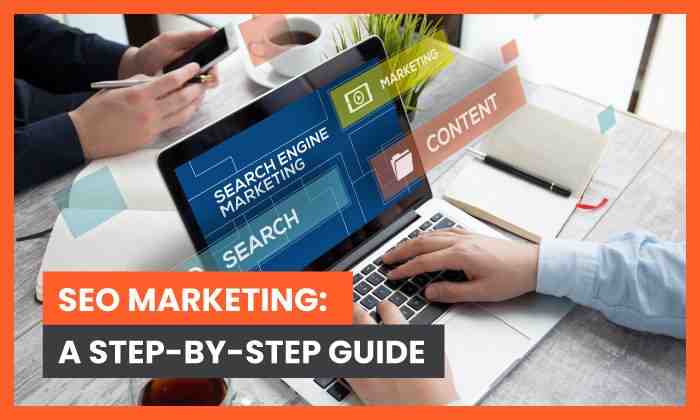
It takes time to get a PhD, get a follow-up, or gain the trust of your peers and the public. Google understands this and also knows that it takes time for these successes to be reflected online. This is just one of the reasons why SEO is so slow.
How long does it take SEO to rank? Many SEO companies will tell you that it takes 4 to 6 months to start seeing results. This is usually accurate, but keep in mind that this is when you start seeing results and your SEO results grow over time. Whatever result you get at 6 months should be considerably lower than what you get at 12 months.
How long does SEO take to Work 2021?
Unlike other popular marketing channels, SEO does not work instantly. Most professionals expect to see results in as little as 2 months, but SEO can take up to 12 months to work. While each company’s SEO strategy is different, most companies can expect to see considerable results in 6 to 12 months.
Is SEO worth it 2021?
The short answer is that SEO is very effective, not only for generating traffic, but also for potential customers and sales. Do not you worry. The long answer includes research and data, not just empty statements. Most SEOs get too caught up in specific search metrics, such as SERPs (search engine results page), rankings, and organic traffic.
Does SEO Still Work 2021?
Don’t be fooled: SEO isn’t dying, but it’s evolving to much more than it did years ago. If you’ve been debating whether or not to invest in SEO for your business, keep reading to find out why SEO isn’t dying, but actually thriving, in 2021.
How long does it take for SEO to kick in?
â € œMany SEO companies will tell you that it takes 4 to 6 months to start seeing results. Overall, this is accurate, but keep in mind … SEO results grow over time.â € Forbes. â & # x20AC; & # x153; You can start to see improvements in organic ranking and increased traffic from low-competing keyword topics in a few weeks.
Why is SEO getting harder to do?
In short, SEO is difficult because search engines are always changing and updated. It could be anything from Google that changes the way you see a certain type of link, including a major new update to its algorithm, or even recognizing something new as a ranking factor.
Why SEO is a waste of time?
Focusing on SEO to increase traffic at the expense of building real relationships with your audience is a waste of time. Worse, you never know what SEO mistakes you are making unless you acquire some basic SEO skills. You may be penalized for filling in keywords or creating bad inbound links.
Does SEO Still Work 2020?
While some traditional marketing methods may be becoming obsolete, SEO is here to stay in 2020. Whether you’re investing in early SEO or just starting out, it can still be a great traffic engine and lead to your website.
Is SEO getting harder?
60% of SEOs say that SEO is more difficult than five years ago.
Can I do search engine optimization myself?
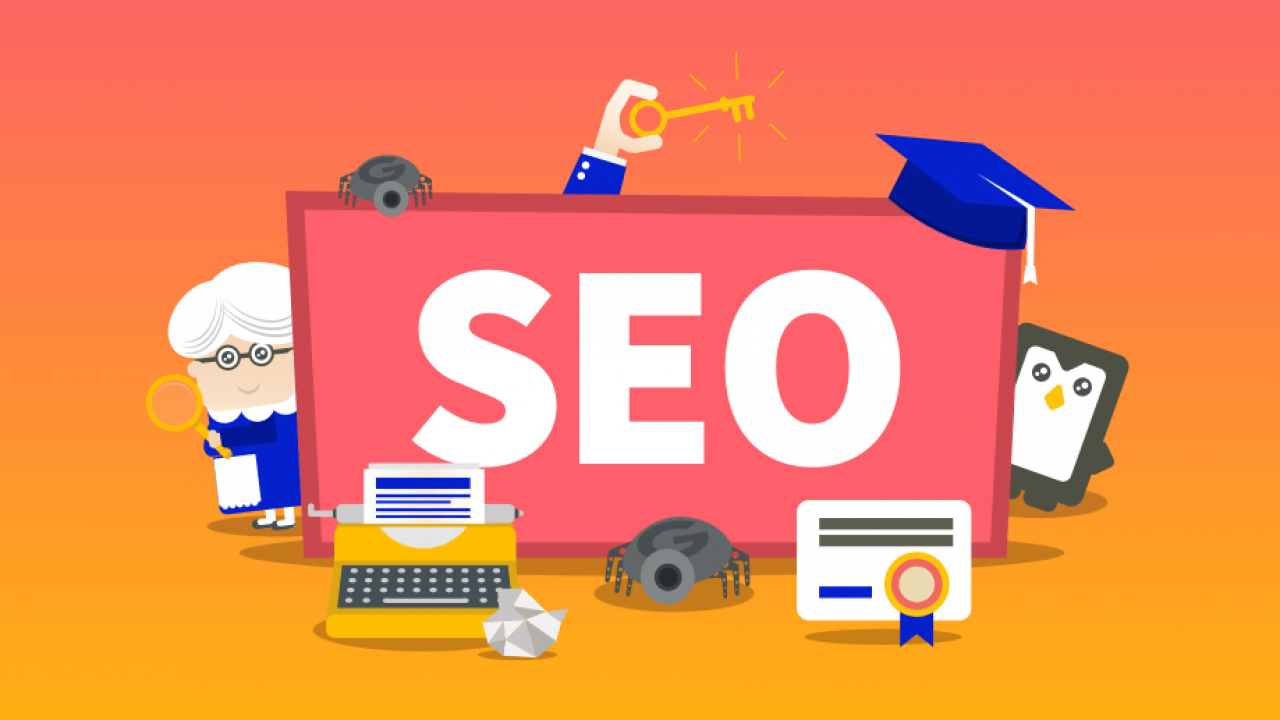
You can do SEO yourself or SEO DIY (Do it yourself SEO). With a little research and a lot of practice, anyone can learn how to do SEO for their business. A quick way to get started with SEO is to enter your URL here and then focus your SEO efforts on the recommended elements of action.
Is it difficult to learn search engine optimization? SEO is just not as difficult as people think; you can get 95% of the effort with 5% of the work, and you don’t need to hire a professional SEO to do it, nor will it be difficult to start ranking for well-chosen key terms.
Can SEO be done for free?
There are literally hundreds of free SEO tools, so we want to focus on just the best and most useful ones to add to your toolbox. Tons of people in the SEO community helped verify the SEO software in this post (see note at the end). To be included, a tool had to meet three requirements.
Is SEO free or paid?
Many people are attracted to SEO because it is “free website traffic”. And yes, don’t pay when someone clicks on your site in organic search results. But make no mistake: SEO is NOT free.
Can you do SEO for free?
Ahrefs SEO Toolbar is a free Chrome and Firefox extension that lets you check for broken links, crawl redirect strings, and highlight nofollow links for any webpage. It also generates an on-page SEO report that includes: Website title. Meta description.
